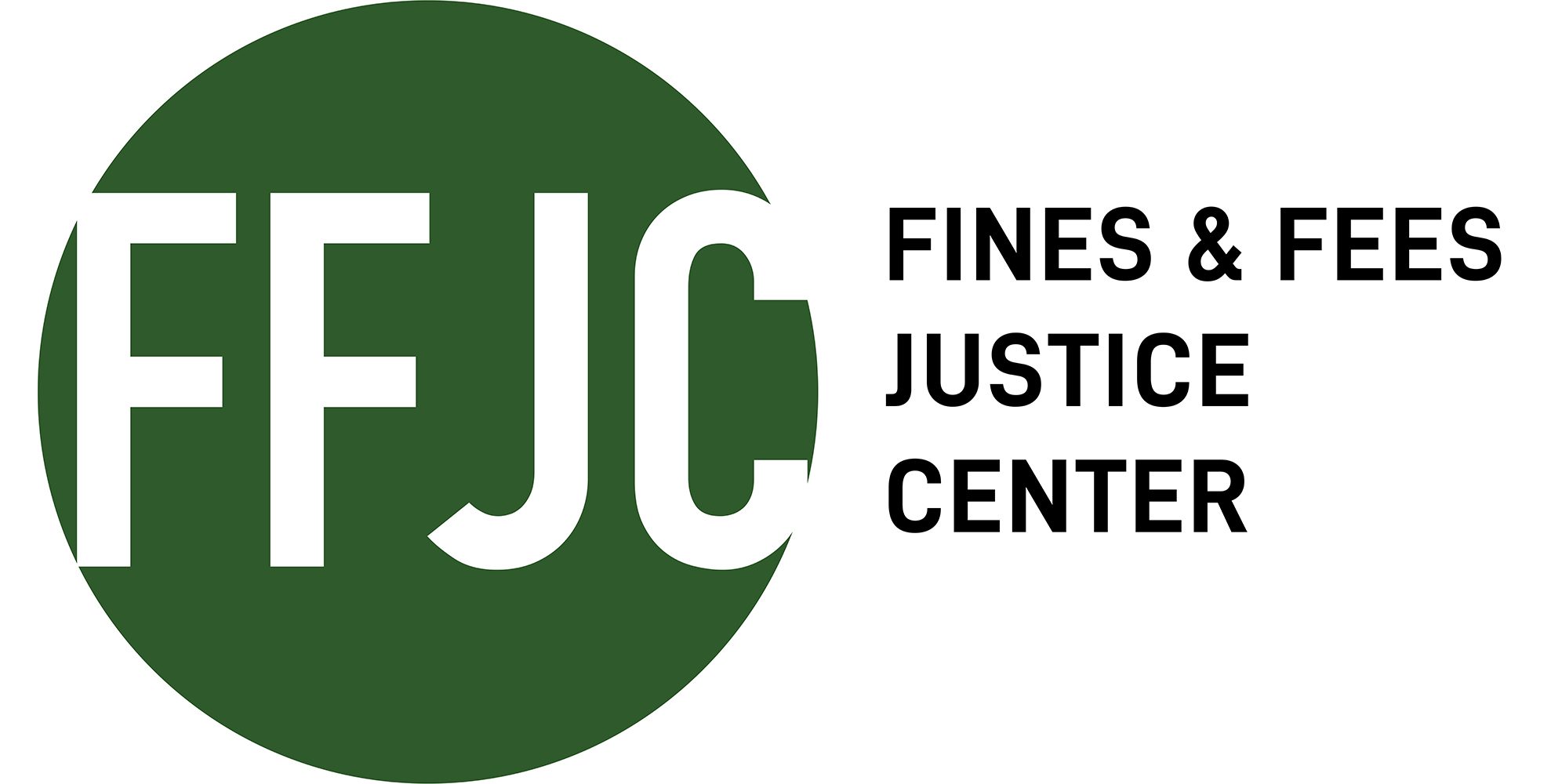More than half of Louisiana’s Public Defender Offices in The Red After COVID Shuttered Courts
Public defense in Louisiana is reliant on unpredictable conviction and user fees for the bulk of its funding. For the fourth year in a row, public defense offices have run …
